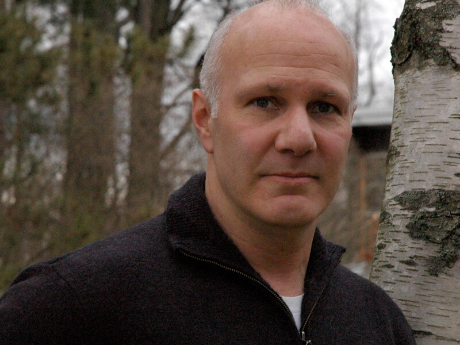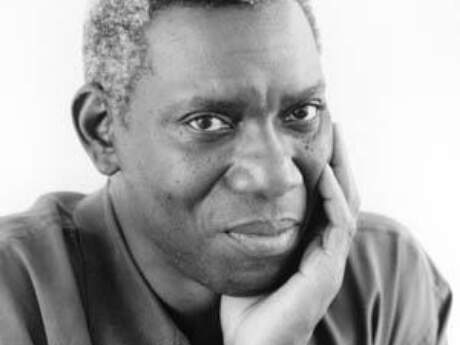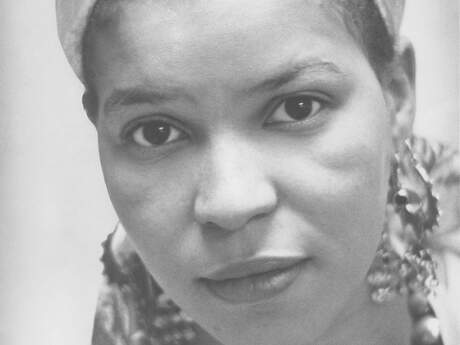First Loves
Henri Cole: First Loves

From the start, I was drawn to poems that resisted my intelligence. In the poems of Hart Crane I found this resistance especially exciting because they were by a homosexual often writing about love. I read them at a time in my life when love and poetry were the only things that mattered to me. Not surprisingly, one was the source of pain and the other was a kind of painkiller. In truth, nothing much has changed since then. Crane's poems still send a bolt through me. Pain glitters on the edges of them; I expect it is often the pain of unsanctioned love. I like to think this love, despite its humiliations, was enabling to him as a poet, that an absence in life helped him to find a presence in art.
Perhaps, I sometimes rationalize, the ecstasy of sexual love is not so different from the near religious fervor of creating, or rather assembling language into poetry. "Permit me voyage, love, into your hands...." he writes in his lyric sequence "Voyages," a poem that seems to use the flux of tides as a trope for the coming and going of Crane's own merchant marine-lover. I believe that as a young man I was "a terrible puppet of my dreams" when it came to love. I suppose we all are. Crane felt no different writing "And so it was I entered the broken world / To trace the visionary company of love... / But not for long to hold each desperate choice." It was the cryptic surfaces, the language of non self-exposure, much of it encoded with suffering, that interested me most in Crane. At a time when I could not bear what was minimal and plain in poetry, he gave the young homosexual I was a model, an inflected language, an ecstatic voice, to begin to write about the social and domestic life I wanted to reveal secretly in art. This evening, as I write, through my desk window, across the park, I see one man embrace another on a rooftop terrace. What I witness unexpectedly is the invisible, the true, which is what poems are, what mine strive to be. Some might say I have confused my own dreams and ambitions with Crane's, projecting myself upon him. Nevertheless, it was this projection that illuminated, in my twenties, many solitary Manhattan nights, which, like the bottom of the sea (where Crane is) were cruel and desolate.
Originally published in Crossroads, Spring 1998.


